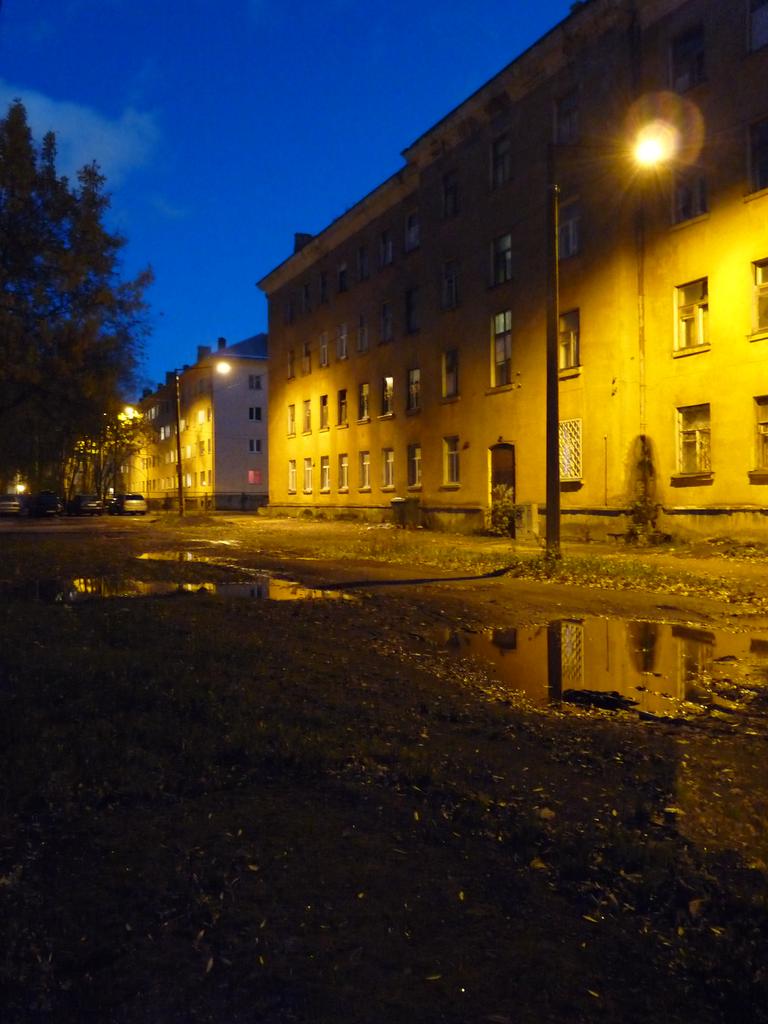Stefanis v. Cavicchio, Date filed: 2022-03-10, Court: City Court, Westchester, Judge: Judge Karen Best, Case Number: LT-0986-21:
"The Court then turns to Respondents claims regarding the alleged breach of the warranty of habitability. In every lease there is an implied warranty that the premises “are fit for human habitation and for the uses reasonably intended by the parties.” RPL §235-b. It mandates that “[t]he occupants of such premises shall not be subjected to any conditions which would be dangerous, hazardous or detrimental to their life, health or safety.” Id.
The purpose of the warranty of habitability is to compensate tenants for living in an uninhabitable residence. See, Halkedis v. Two E. End Ave. Apt Corp., 161 A.D.2d 281 (1st Dept., 1990); Alder v. Ogden CAP Props, LLC, 42 Misc.3d 613 (N.Y. Sup. Ct., 2013). Respondents alleged they continuously resided in the subject premises during the entire period from July 20, 2020 through December 1, 2021. Respondents contend they were without a gas stove for the duration of this tenancy and do not deny that they ceased paying rent on or about July 2021 through November 2021.
Damages for a breach of the warranty of habitability are calculated as “the difference between the fair market value of the premise if they had been as warranted, as measured by the rent reserved under the lease, and the value of the premises during the period of the breach. Park West Management Corp v. Mitchell, 47 N.Y. 2d 316, 327 (1979). Any such award may be in a plenary action or a reduction of the contracted-for rent as a setoff in a summary nonpayment proceeding for which the respondent counterclaims, as is the case here. The Court may consider the period of the breach, the severity of the defects, the impact on the tenant’s living and the efforts made by the landlord to remedy same. Id.
The Court does not find Respondent’s testimony regarding the duration of her lack of gas to be credible. Respondent’s testimony that she spent hundreds of dollars per month for over one year without a stove was unsupported and Respondent’s testimony lacked sufficient detail regarding the extensiveness of the breach and the impact it had on her health, safety, or welfare. These deficiencies do not preclude Petitioner’s liability for breach of the warranty of habitability, however, the amount of damages or the abatement awarded herein is impacted.
Due to the incomplete testimony and lack of evidence in support, the Court is constrained to find that Respondent has failed to provide sufficient facts establishing the dates, duration, and intensity of the conditions at the property to enable the Court to quantify an abatement for leaks which allegedly existed for some time in the subject premises. 195-24 LLC v. Titus, 52 Misc. 3d 134 [A] (App. Term., 2nd Dept., 2nd, 11th & 13th Dist., 2016). However, Respondents did submit credible evidence in the form of photographs and video which Petitioner did not rebut. Respondents further alleged that the conditions were never rectified. Thus, the Court concludes that same existed from August 23, 2021 through the remainder of Respondents tenancy, November 30, 2021.
The Respondents are entitled to an abatement for the time they were living in an apartment which lacked essential services. The Court calculates an appropriate abatement to be Twenty (20 percent) Percent for the Seventeen (17) months that the subject premises was without a working stove and Five (5 percent) Percent for the water damage and leaks in the premises for the 99 days (August 23, 2021 through November 30, 2021) that the condition existed."









No comments:
Post a Comment
Note: Only a member of this blog may post a comment.